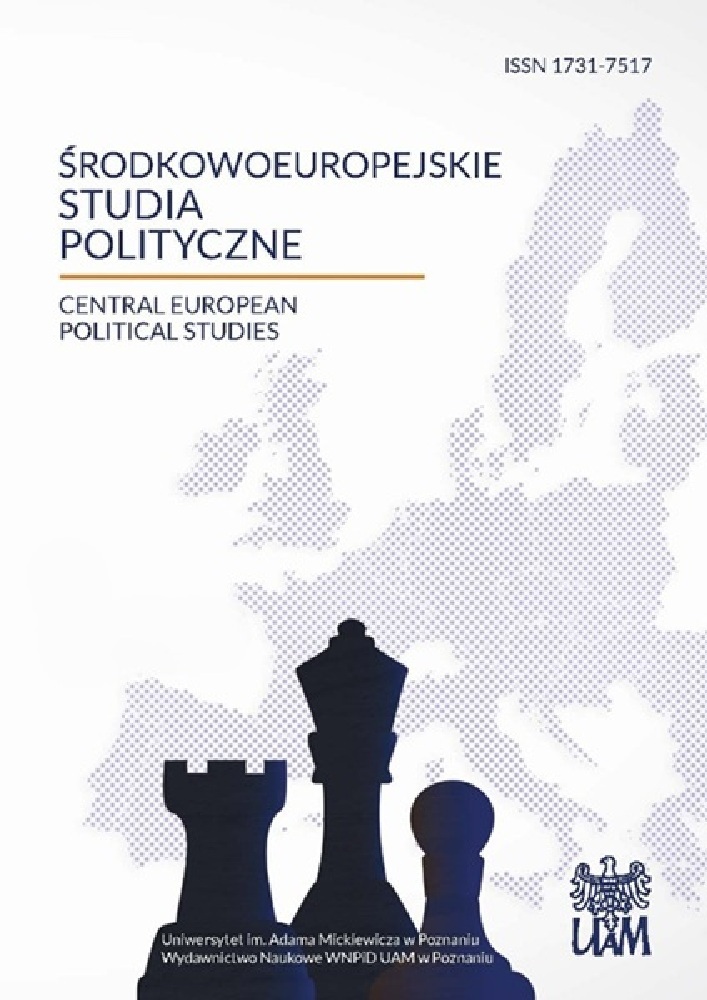Abstract
The dynamization of integration processes in Europe has generated numerous research topics for political analysis. Border integration is an expression of the broader unification processes of certain structures. It is also a manifestation of the observation that people think globally, but function locally. The European integration perspective is therefore practically implemented in micro structures, exemplified by border twin towns. The objective of this paper is to revive the micro perspective as a useful approach in the investigation of integration processes. This perspective is applied in the field of border studies, which focus on research into the transformation of European borders resulting from integration processes, as well as on the transformations of the concepts of statehood, territoriality and sovereignty. It is assumed that these phenomena are definitely more observable at the outskirts of states than in their centers. Theoretical and empirical considerations are based on the example of border twin towns, as the European units of local government that integrate across borders. The main differences between the integration of towns in Western Europe and Central and Eastern Europe are also indicated in the analysis.License
Copyright
© 2012, Uniwersytet im. Adama Mickiewicza w Poznaniu, Wydawnictwo Naukowe Instytutu Nauk Politycznych i Dziennikarstwa
OPEN ACCESS
